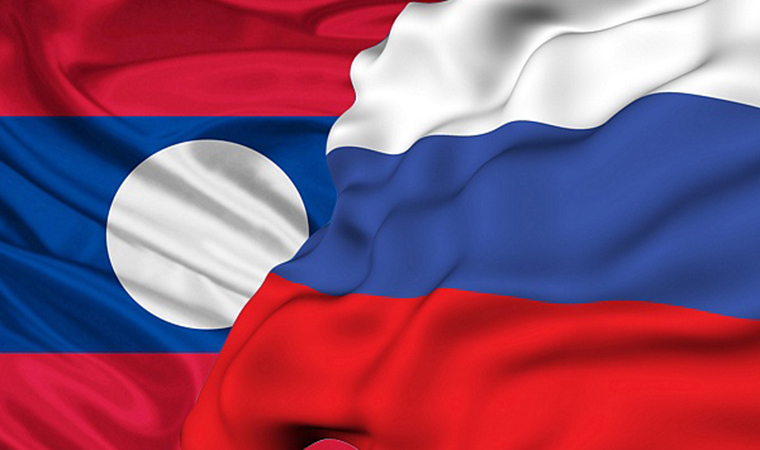
Laos: a new partner
back to contentsThe memorandum provides for the cooperation between Russia and Laos in design, construction and operation of nuclear research and power reactors, as well as joint projects in fundamental and applied research. Other plans are to collaborate in nuclear and radiation safety and carry out joint programs in nuclear medicine. Rosatom is also committed to assisting Laos in staff training.
The two countries will establish a bilateral working group to select specific projects for further development. Besides, Russia and Laos plan to draft an intergovernmental agreement on peaceful uses of nuclear energy.
Russia’s Deputy Prime Minister Arkady Dvorkovich, who was a member of the Russian delegation to Laos, welcomed the memorandum of cooperation signed by Rosatom and the Ministry of Energy and Mines of Laos. Arkady Dvorkovich and Somsavat Lengsavad, Deputy Prime Minister of Laos, held talks to discuss cooperation opportunities in economic and energy fields.
Last summer Lao Deputy Minister of Energy Sinava Souphanouvong announced that Rosatom and Laos were discussing a possibility to build in Laos two VVER reactor units, each 1,000 or 1,200 MW. Mr. Souphanouvong pointed out that Laos would sign a contract for the nuclear plant construction on a BOT basis. This means that the contractor will not simply build and transfer the power station to the Government of Laos – it will also operate the project.
Laos is a leading country in Southeast Asia in terms of hydropower generation. Its advantageous location in the center of Indochina supports power exports to neighboring Vietnam, Thailand and Cambodia. Asian countries also follow a mutual assistance policy. Singapore is among Laos’ potential customers, said Mr. Souphanouvong.
Earlier Laos signed a supply contract with Vietnam for 5 GW of electric power; exports to neighboring Thailand might reach 10 GW. This means that Laos has already found sales markets for power to be generated by the yet-to-be-built nuclear station. Total capacity of all Lao power stations stands currently at 8 GW. The country works on more than 80 projects that will increase the total national capacity to 22 GW.




